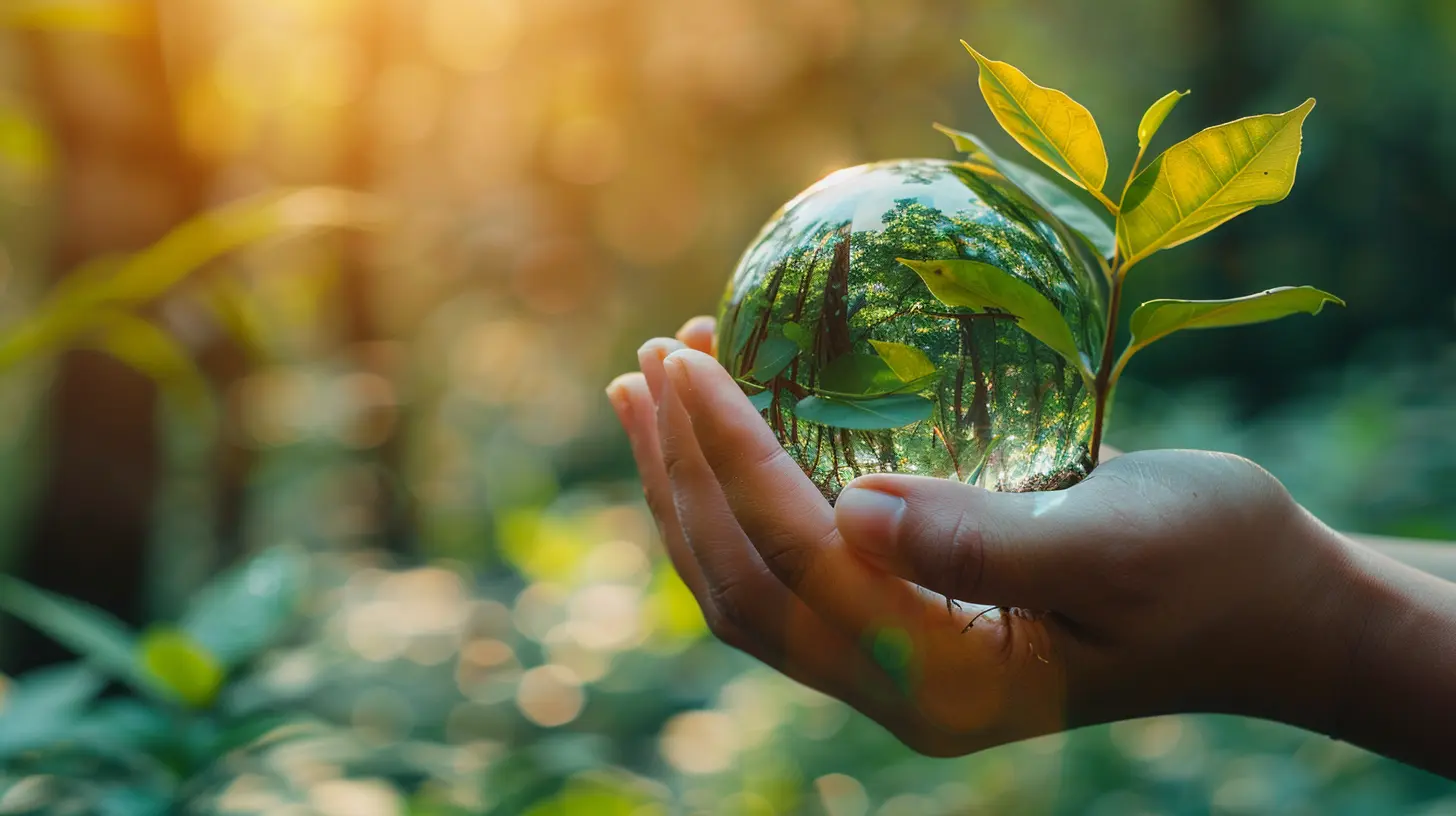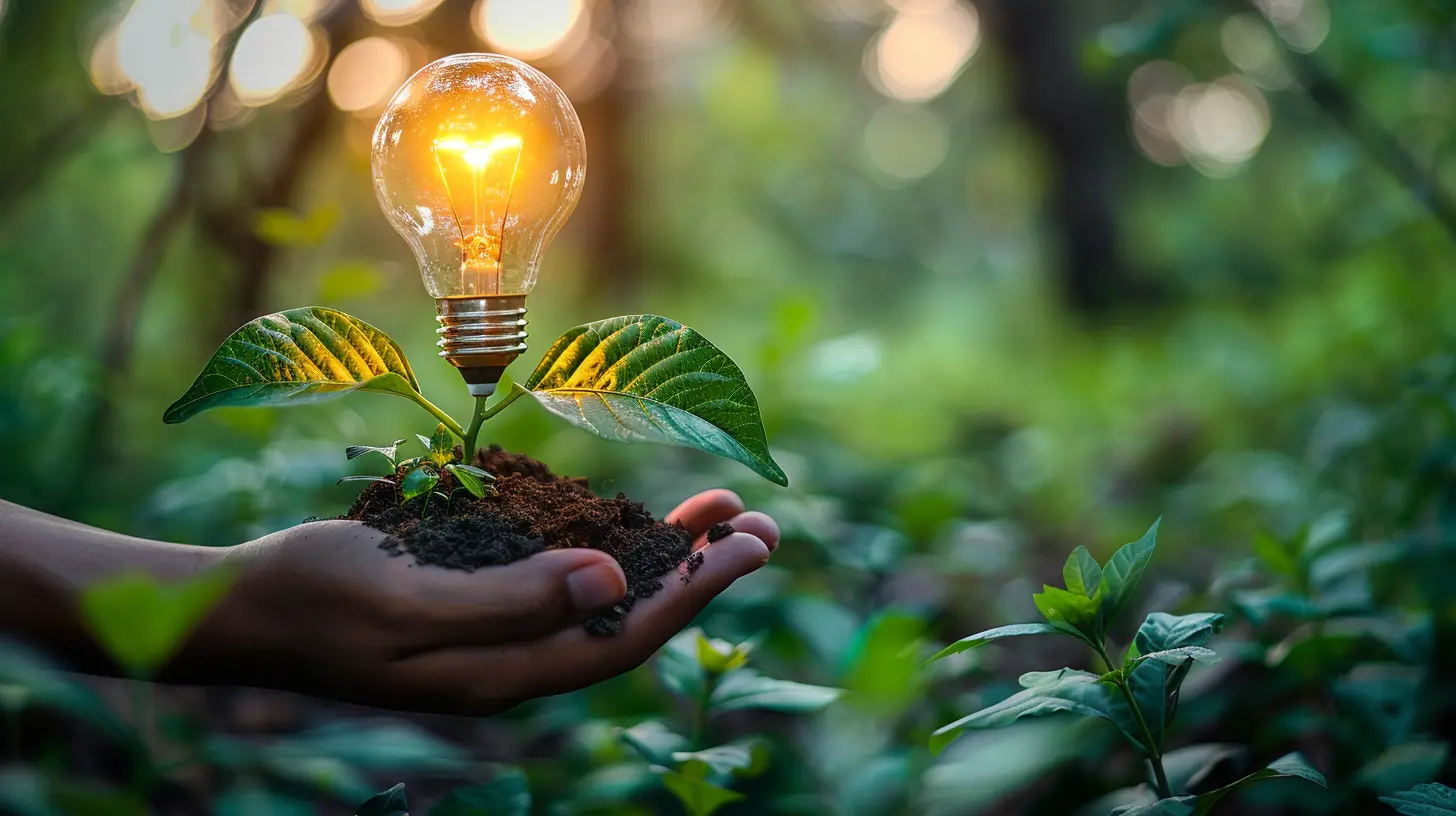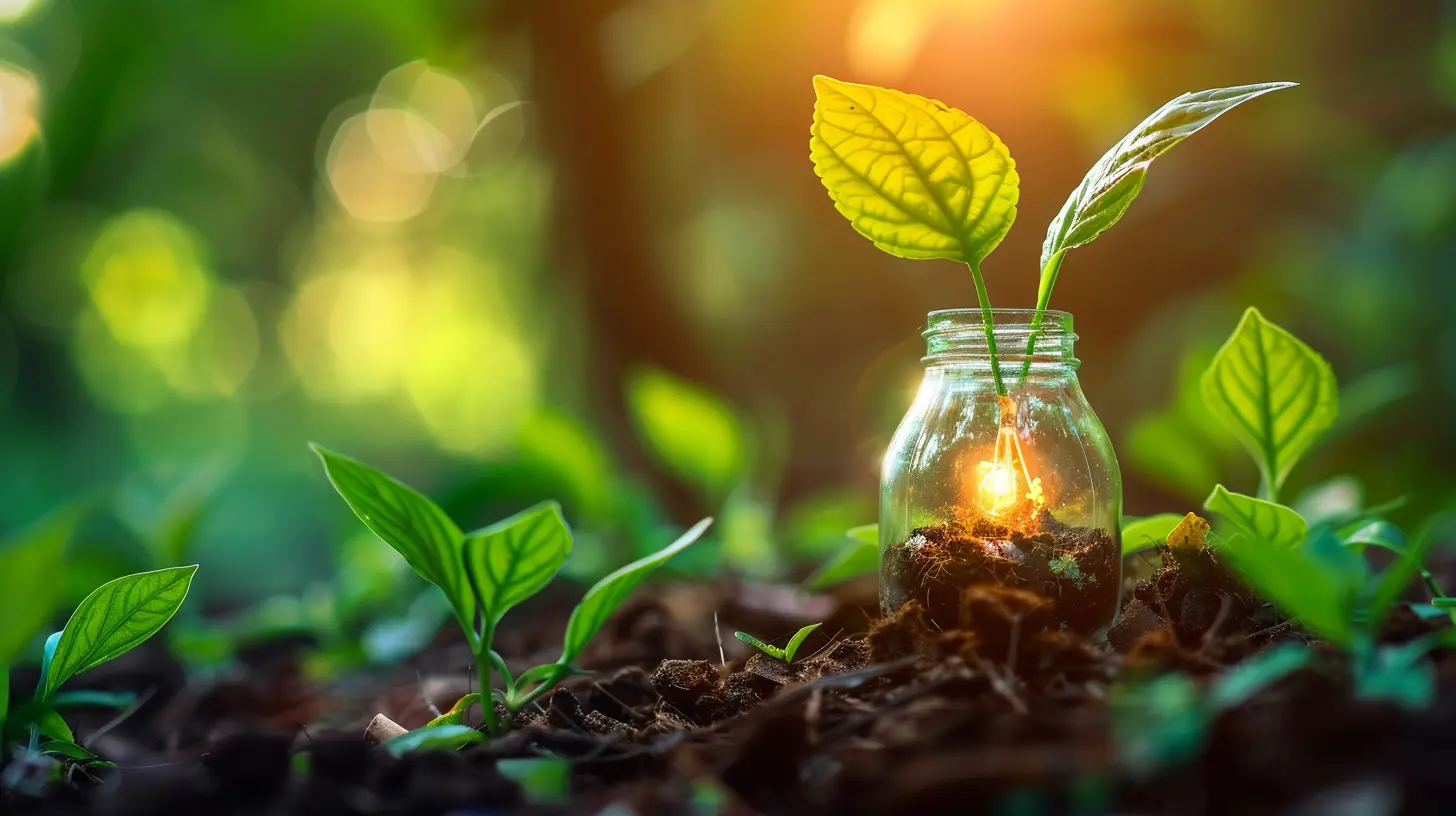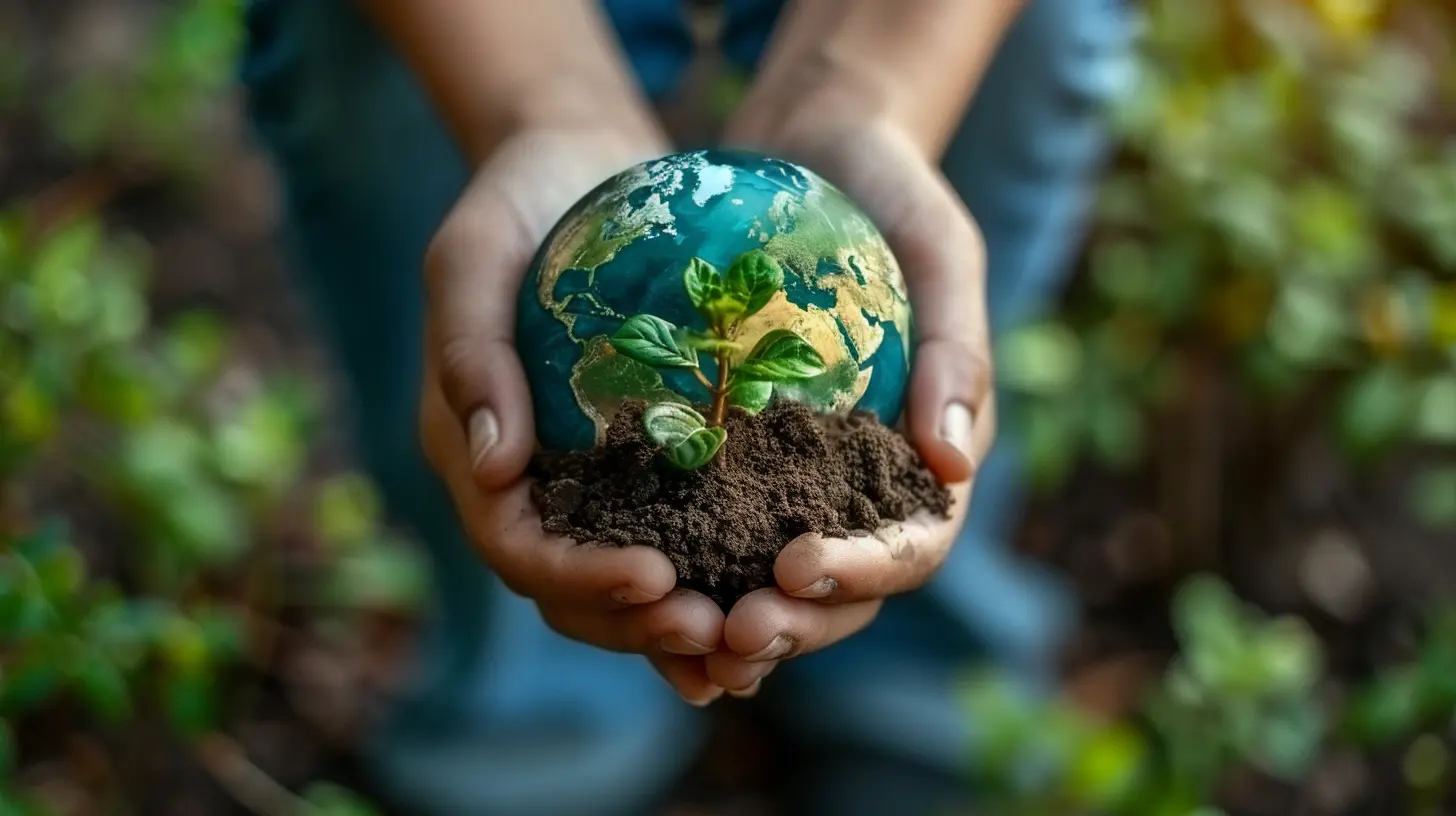From Corporate Social Responsibility to Sustainable Business Innovation
4 July 2025
Let’s face it—business today isn’t just about making money anymore.
Sure, profits still matter (and they always will), but the game has changed. Customers, employees, and even investors are now demanding more. They want transparency, ethics, and accountability. They expect companies to care about the planet and its people, not just their own bottom line. That’s where the journey from Corporate Social Responsibility (CSR) to Sustainable Business Innovation begins.
In this article, we’re diving deep into how this shift is happening, why it matters, and how businesses can thrive by not just doing good—but doing better through innovation.
What Is Corporate Social Responsibility (CSR)?
Let’s start with the basics. CSR is like the business world’s version of “being a good neighbor.” Companies engage in CSR when they take responsibility for their impact on society and the environment. This might involve donating to charities, reducing carbon emissions, or offering volunteer opportunities to employees.Think of it as doing good as a side project—something done outside regular business operations.
But here’s the thing: CSR often lives in its own little bubble. It’s positive PR, yes. But it’s also usually a feel-good add-on that sits on top of the core business strategy… not inside it.
The Limitations of CSR
Don’t get me wrong—CSR is a valuable stepping stone. But let’s be honest, it’s not enough anymore.Why?
Because climate change isn’t waiting for your Q3 report. Income inequality isn’t something a single donation can fix. And consumers are smarter now. They can spot token efforts from a mile away.
CSR tends to be reactive—not proactive. It’s often about ticking boxes and putting out fires, rather than building a fireproof house in the first place.
Imagine trying to save water by installing low-flow faucets while your main pipe is leaking gallons every minute. That’s CSR without deeper systemic thinking.
Enter sustainable business innovation.
What Is Sustainable Business Innovation?
Sustainable business innovation is CSR’s cooler, smarter, and more effective sibling.It’s about embedding sustainability into the DNA of a company—right into its products, services, supply chains, and strategy. Instead of bolting on good deeds, it’s about building a business that thrives by actively solving environmental and social problems.
Here’s the kicker—it’s not just altruistic. It’s also super smart business.
We're talking about identifying new market opportunities, increasing efficiency, reducing waste, boosting brand loyalty, and staying ahead of regulations. It's long-term thinking in action.
The Evolution: From CSR to Sustainability-Driven Innovation
So, how do businesses make this leap? It’s like switching from patching potholes to redesigning the entire highway system. This transformation usually follows a few key stages:1. Awareness and Accountability
First, companies recognize their impact. They gather data, listen to stakeholders, and start reporting transparently. CSR usually starts here.2. Integration
Next, sustainability goals stop being side projects and get woven into core strategies. From sourcing to marketing, every department gets involved.3. Innovation
Now, businesses stop just minimizing harm and start creating net positive impact. That’s where innovation kicks in—new products, circular business models, renewable energy solutions, ethical AI... the works.4. Leadership
Lastly, companies don’t just follow trends—they set them. They advocate for sustainability standards, collaborate across sectors, and lead by example.This transition doesn’t happen overnight. But the companies that do it? They’re the ones sticking around for the long haul.
Why This Shift Matters More Than Ever
Let’s be real—today’s global challenges are massive.We’re talking about climate crises, resource depletion, social inequality, and unstable supply chains. These aren't fringe issues. They’re shaking the foundations of how we live and do business.
Let me give you a quick picture:
- By 2050, we’ll need the resources of almost two Earths to meet our consumption habits if we don’t change course.
- Millennials and Gen Z—a rapidly growing consumer base—are 2x more likely to support brands that address environmental and social issues.
- Investors are pouring trillions into ESG (Environmental, Social, Governance) funds, signaling that sustainability is fast becoming money’s best friend.
So, transitioning from CSR to innovation isn’t just a feel-good move—it’s future-proofing your business.
Real-World Examples of Sustainable Business Innovation
Let’s look at some companies walking the talk.🌱 Patagonia
You probably expected this one, right? And for good reason.Patagonia doesn’t just make outdoor gear. They actively encourage customers to buy less and repair more. Their business thrives not despite this—but because of it. It’s proof that being deeply values-driven can grow both trust and revenue.
♻️ IKEA
The world’s favorite Swedish furniture giant is making massive moves toward becoming a circular business. Think recycled materials, furniture take-back programs, and investing in sustainable forestry. They’re redesigning how we furnish our lives, from the roots up.🚗 Tesla
Love 'em or hate 'em, you can’t deny Tesla shook up the auto industry by making electric cars desirable and scalable. They took a pressing sustainability issue (fossil fuels) and innovated their way into changing consumer behavior on a global scale.These companies don’t treat sustainability as a sideline—they've made it their strategy. And guess what? Their bottom lines reflect that.
How to Start the Shift in Your Own Business
Feeling inspired? Good. But let’s make it real. You don’t need to be a billion-dollar company to start thinking like one. Here are some practical steps you can take:1. Rethink Value Creation
Ask yourself: how can we create products or services that solve real-world problems? Think affordability, accessibility, and sustainability.2. Engage Your Stakeholders
Talk to your customers, employees, and community. What do they care about? What do they expect from you? The answers might surprise you—and ignite new ideas.3. Audit and Measure
Start tracking your impact. Where are you wasting energy, materials, or potential? What’s the carbon footprint of your supply chain? You can’t change what you don’t measure.4. Collaborate Creatively
Innovation doesn’t happen in silos. Partner with startups, NGOs, and even competitors. Sustainability is a team sport.5. Empower Your People
Culture eats strategy for breakfast. Get your whole team on board with training, incentives, and leadership support. When sustainability becomes everyone’s job, magic happens.Barriers and How to Overcome Them
Okay, let’s not sugarcoat it—this shift isn’t always easy.You might face challenges like:
- Resistance to change
- Short-term cost increases
- Fear of greenwashing backlash
- Uncertainty about ROI
But guess what? Every worthwhile journey has bumps in the road. The key is to stay committed, stay transparent, and stay curious.
Start small. Then scale. Progress beats perfection every time.
The Ultimate Payoff
Here’s the bottom line: businesses that move from CSR to sustainable innovation don’t just survive—they thrive.They build loyal communities.
They attract top talent.
They open new revenue streams.
And they stand out in a sea of sameness.
So whether you’re a startup founder, a marketing exec, or a CEO, the question isn’t if you should make the shift.
It’s when.
And the best time? Yesterday.
The next best time? Right now.
Final Thoughts
Corporate Social Responsibility got us started on the right path. But now, it’s time to level up. Our planet—and our future—are asking for more. And the good news? Innovation makes sustainability not just possible, but profitable.So, let’s build businesses that don’t just do less harm… but do more good.
Because those are the businesses people believe in.
Those are the businesses that last.
all images in this post were generated using AI tools
Category:
SustainabilityAuthor:

Rosa Gilbert
Discussion
rate this article
2 comments
Julianne Jones
This article highlights the vital shift from traditional Corporate Social Responsibility to innovative sustainability practices. Embracing this transition not only enhances brand reputation but also drives long-term profitability and positive environmental impact.
November 14, 2025 at 5:37 AM

Rosa Gilbert
Thank you for your insightful comment! I’m glad you found the article highlights the importance of this transition in fostering both brand reputation and sustainability.
Darrow Bell
This article sparks my curiosity! How can businesses effectively transition from traditional CSR to innovative sustainability practices? Excited to explore real-world examples!
July 8, 2025 at 12:38 PM

Rosa Gilbert
Thank you for your enthusiasm! Businesses can effectively transition by integrating sustainability into their core strategy, engaging stakeholders, and adopting circular economy principles. Real-world examples include companies like Unilever and Patagonia, which prioritize sustainable sourcing and transparent practices. Excited for your exploration!


